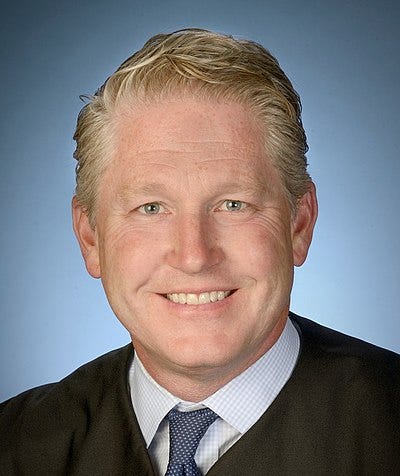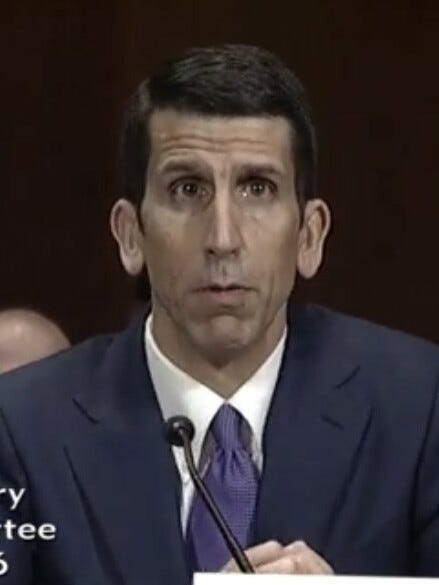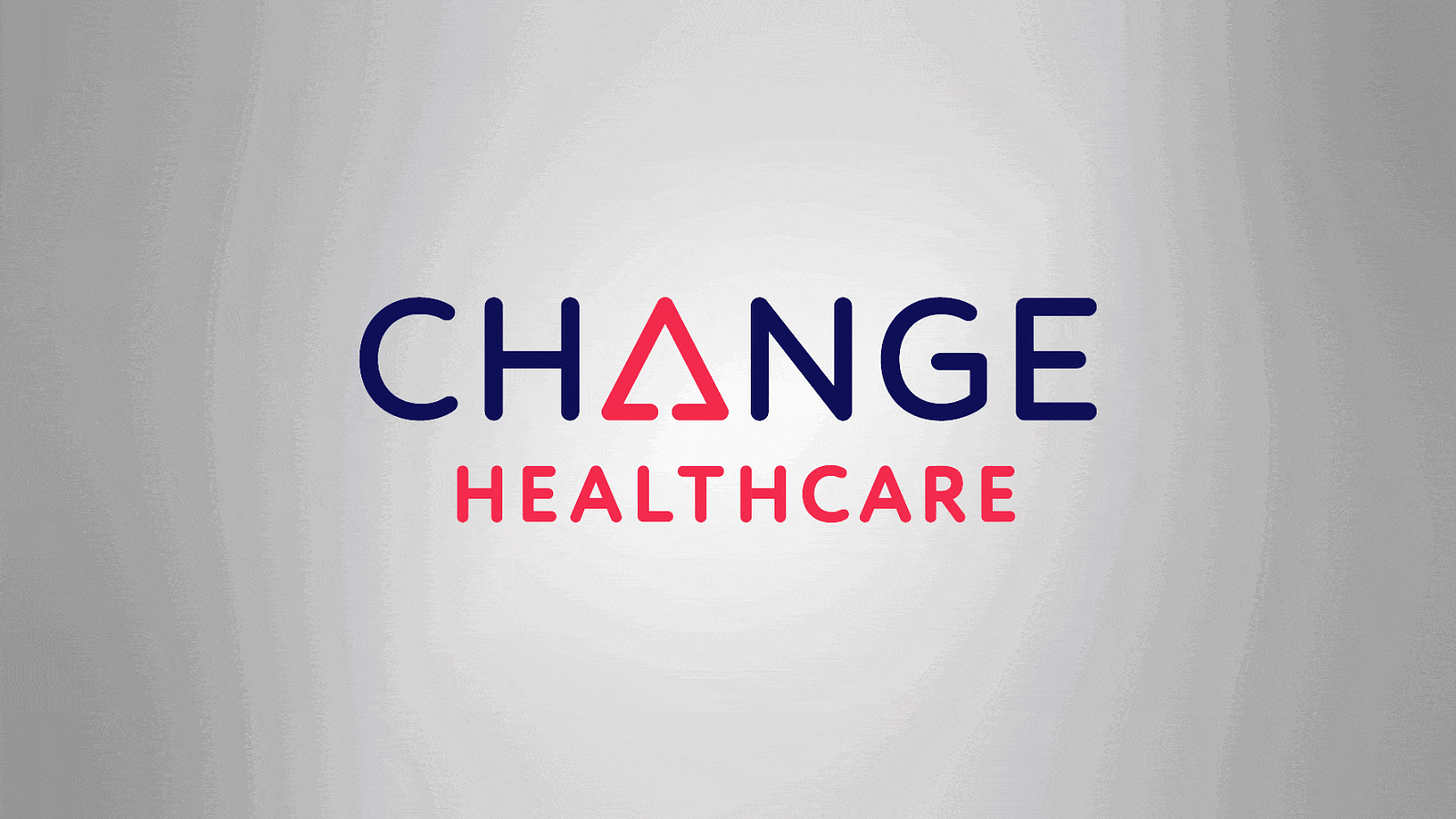How We Voted in 2016 Contributed to UnitedHealth's Acquisition of Change Healthcare
Also: Patient information may be even more at risk than we've been told.
There were reports in the tech press yesterday that Change Healthcare, a subsidiary of U.S. health care behemoth UnitedHealth Group, was being extorted once again by a new group of hackers. At first, it seemed that Change Healthcare had been hacked again, which must have sent fresh waves of terror through the U.S. health care provider community. Many physician practices and medical facilities were plunged into financial crisis because of a weeks-long interruption in payments from insurers that use Change Healthcare to facilitate those payments.
Instead of a new hack, it appears that RansomHub, a criminal gang that now claims to have been the original hackers, was somehow swindled by another gang that took credit for the hack and pocketed the $22 million in ransom money UnitedHealth reportedly paid. Fierce Healthcare reported yesterday afternoon that RansomHub claimed that it has a huge tranche of Change Healthcare data that includes patient medical records and Social Security numbers and is demanding a ransom payment within 12 days or the data “will be sold to the highest bidder.”
We now know there are dark and sinister corners of cyberspace inhabited by competing gangs of savvy thugs who know how to drain the bank accounts not only of regular folks – as John Oliver explained so brilliantly a few weeks ago – but also some of the world’s biggest corporations.
This scary new development, which Change Healthcare has not yet confirmed or denied, comes just three weeks before UnitedHealth CEO Andrew Witty is scheduled to face angry members of Congress during a hearing of the Senate Finance Committee. Senators will demand answers to why the company was so vulnerable to being hacked and what it’s doing to keep it from happening again. The first hack resulted in billions of dollars in payments to health care providers being delayed and a massive amount of personal health information presumably falling into the hands of international gangsters.
It’s important to remember that the Department of Justice tried to block UnitedHealth’s acquisition of Change Health in the first place and sued to stop it. So how did UnitedHealth prevail?
The answer, frankly, proves the enduring veracity of a cliche: Elections matter.
We sometimes still forget that our votes count for more than just the issues we hear the most about, like abortion rights or even – in these fraught times – the future of democracy. Sometimes, just a few votes can affect our everyday lives, like how much we pay for health care and how secure our medical information really is.
To understand how UnitedHealth’s $13 billion acquisition of Change Healthcare was ultimately approved, despite vocal opposition from regulators, health care providers and patient advocacy groups, we must consider the role played by one, appointed-for-life federal jurist, U.S. District Judge Carl Nichols.

The story begins in early 2020 when executives at UnitedHealth – already the biggest health care conglomerate in the United States, bigger even than the nation’s largest bank – first began contemplating the purchase of Change. The target company was unknown to most Americans, but Change has played a critical role in the nation’s medical infrastructure, serving as a kind of superhighway of claims. At the time of the purchase discussions, it was processing data involving about one-quarter of all U.S. claims.
When the deal was finally announced in early 2021, UnitedHealth spun it as a win for the health care industry, claiming that consolidation would bring greater efficiency that would benefit patients. But almost immediately, government regulators had their doubts. By acquiring Change and merging it into UnitedHealth’s existing data shop, called Optum, the insurance giant would be getting a window into what kind of claims its rivals were processing and how much they were paying in benefits.
In February 2022, the U.S. Department of Justice filed an antitrust lawsuit seeking to block the acquisition before it could be finalized. Federal attorneys argued that UnitedHealth’s purchase of Change would give the nation’s largest insurer an unfair view into its competitors’ business practices. Anticompetitive actions the company conceivably could take could have a negative impact on how much Americans pay in the form of premiums and out-of-pocket expenses–and even whether their future medical claims would be covered. Doha Mekki, the government’s top antitrust lawyer, said: “The proposed transaction threatens an inflection point in the health care industry by giving United control of a critical data highway through which about half of all Americans’ health insurance claims pass each year.”
UnitedHealth’s lawyers mounted an aggressive defense, insisting that clear firewalls would prevent the company’s insurance arm from misusing the data collected by its Optum subsidiary and that the firm’s history proved it would never do such a thing. The CEO of UnitedHealth, Andrew Witty, testified under oath that the potential abuses of the Change data suggested by the government “would be against the tone, the culture, the rules, everything we stand for in the organization.”
But, as an investigation by the news organization ProPublica revealed, there was evidence to undercut the claims by Witty and UnitedHealth’s legal team. For one thing, the company’s internal memos from 2020 endorsing the acquisition plan spoke of the intelligence that could be gleaned. UnitedHealth even hired the consulting giant McKinsey & Co. to analyze the benefits of the scheme, and McKinsey reported back that UnitedHealth could “utilize transactions intelligence” from Change’s claims data to “optimize benefit design” for its insurance arm.
ProPublica also found that internal memos supported that recommendation, even while presciently noting that the acquisition might raise antitrust concerns. “We need to stop thinking that just because we need to have financial and data firewalls between Optum and UHC means we can’t show up together and harness the capabilities of both organizations together,” an unnamed senior executive wrote in a February 2021 memo. “We need to take a deep look at how success is defined for each operating unit.”
At its heart, UnitedHealth’s acquisition of Change speaks to one of the more alarming trends in U.S. health care in the 21st century: the increasing vertical integration of massive for-profit corporations. In the prescription drug sector, big insurers are buying not just pharmacies but also the middlemen known as pharmacy benefit managers (PBMs), squeezing dollars from every step of the prescription process. The UnitedHealth-Change deal is another example of this shift, yet antitrust regulators have struggled to clamp down on such practices.
With not just billions of dollars, but the more fundamental question of affordable health care in the U.S. on the line, the success or failure of a lawsuit like the government’s antitrust case against UnitedHealth would turn on one variable factor.
The judge.
Political pundits speculated during the latter 2010s that then-U.S. Senate Majority Leader Mitch McConnell tolerated Donald Trump’s misconduct in the White House because the 45th president was on board with McConnell’s signature project: Placing a conservative stamp on the federal judiciary.
During Trump’s four years in office, he worked with McConnell and a GOP majority in the Senate to confirm 230 federal judges, a record number. Many of the appointees were young (also, predominantly white and male) and will thus be deciding key cases for decades to come. Most bore the seal of approval of the conservative Federalist Society.
Although much of the public attention was directed at Trump’s three Supreme Court picks and their impact on abortion rights and other culture-war issues, the new judges are also unabashedly pro-business.
If Hillary Clinton had won the 2016 presidential election or if Democrats had regained Senate control, as they would in 2021, it’s unlikely that Carl Nichols would have become a federal judge. A former law clerk to Justice Clarence Thomas, Nichols had alternated stints in George W. Bush’s Justice Department, where he defended an expansive view of presidential power, and corporate and regulatory law with powerhouse firms like Wilmer Cutler Pickering Hale and Dorr. On the eve of his nomination by Trump to the coveted U.S. District Court post for Washington, D.C., he rejoined the Federalist Society.
In early 2019, Nichols was approved by the Senate Judiciary Committee on a straight party-line vote, 12-10. Once his nomination reached the Senate floor, the GOP majority at the time confirmed him by a relatively slim 55-43 margin. Since joining the D.C. bench, Judge Nichols has been handed some high-profile matters, including the cases of former Trump adviser Steve Bannon, who was charged with contempt of Congress, and some defendants in the Jan. 6 insurrection.
In recent years, the conservative effort to appoint federal judges has resulted in rulings that have enhanced corporate powers on influential issues such as political contributions, labor unions and government regulation.
So you could argue that it was bad luck for the Justice Department when their effort to block the UnitedHealth-Change deal was assigned to Nichols. In his 58-page ruling in September 2022, the judge seemed to dismiss the evidence that UnitedHealth, through its internal memos and its interactions with McKinsey, had weighed the advantage for its insurance arm of exploiting Change’s treasure trove of data. Nor did Nichols express awareness of the multiple times, as cited by ProPublica, that UnitedHealth had been dinged by regulators for breaching firewalls.
Instead, Nichols upheld the acquisition, ruling that the antitrust case would have required UnitedHealth “to uproot its entire business strategy and corporate culture; intentionally violate or repeal long-standing firewall policies; flout existing contractual commitments; and sacrifice significant financial and reputational interests.”
Given the forcefulness of Nichols’ opinion and the conservative bent of the higher courts, it’s not surprising that the government lawyers decided not to appeal the ruling. With President Joe Biden in the White House and a narrow Democratic majority in the Senate, it would be difficult for a judge with Nichols’ background and philosophy to win confirmation to the bench. But Trump is tied with Biden or slightly ahead in most recent polls. If he wins in November and if Republicans can also capture a slew of contested Senate races, the conditions for another surge of Federalist Society judges will return.
It’s not just the health of democracy but your actual health that will be on the ballot. Your next doctor’s bill might be riding on the outcome.

Postscript: Big corporations are often in the driver’s seat when it comes to determining where lawsuits they’re involved in will be decided. At least 24 class action lawsuits have been filed against Change Healthcare since the hack occurred in February. Reuters is reporting that Change Healthcare has asked a U.S. court panel to designate Nashville, where Change is based, as the place to consolidate all those lawsuits. The company, according to Reuters, wants Eli J. Richardson to be the judge. Like Nichols, Richardson was nominated by former President Donald Trump.





I'm still not convinced Democrat appointed judges would be much better, although they probably are slightly better. True we've gotten slightly better FTC enforcement from Biden-appointed Lina Kahn, but Democrats are also trying to cut the FTC's budget by 20%. Voters should avoid both these terrible parties.
Several inaccuracies here about precedents that were set pre- 2016 (not that this excuses McConnell's and Nichols' behavior) and due to the extreme bias here I won't try to point those out, but I've been saying for awhile- look at it this way: we now have single payor. It just happens to be United Healthcare. The goal was to get everyone in medicine paid less, right? Mission accomplished.